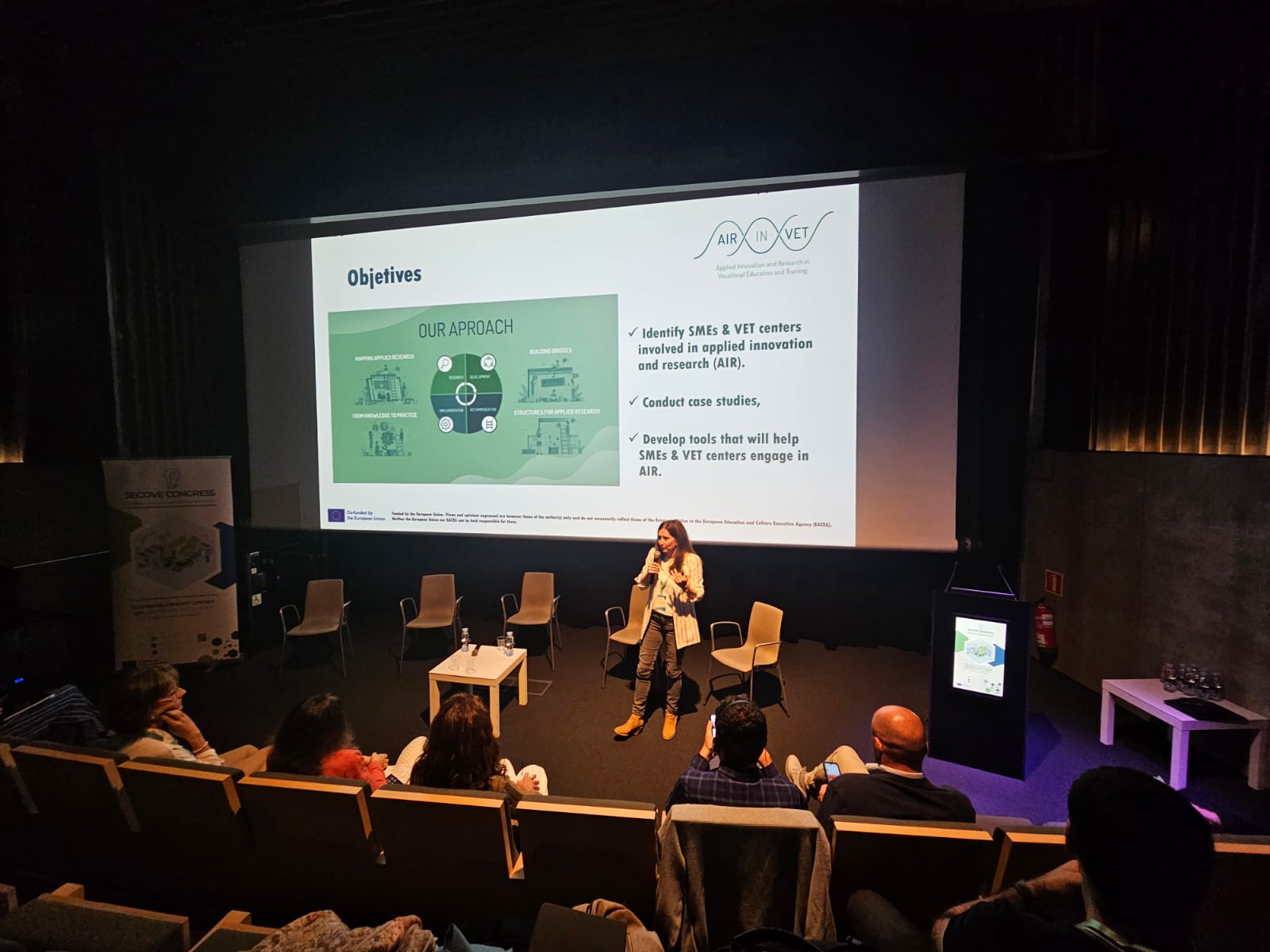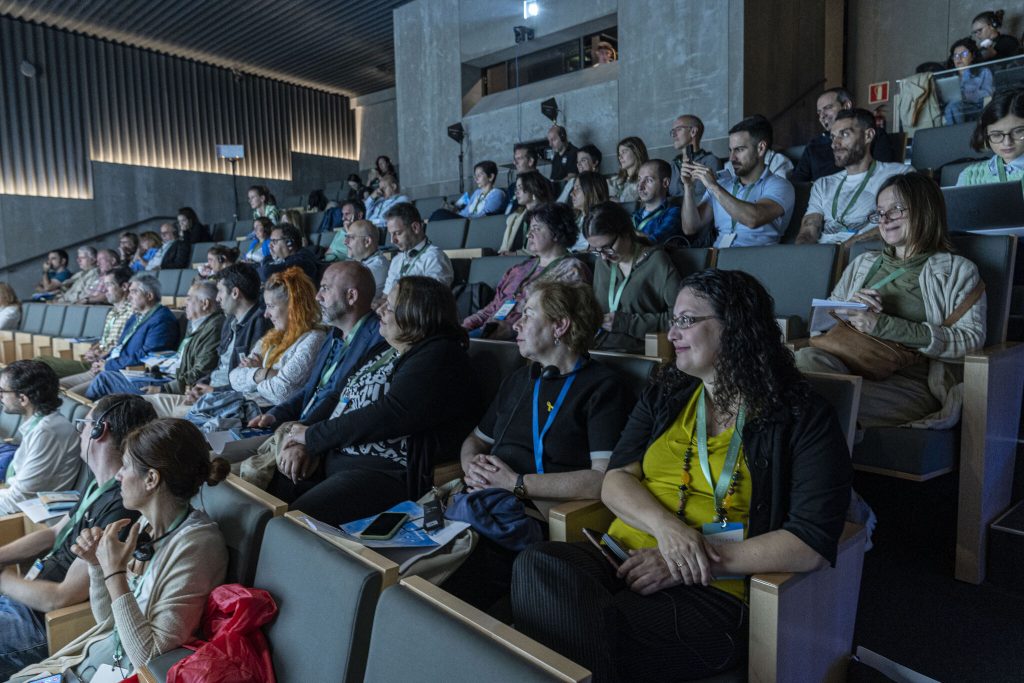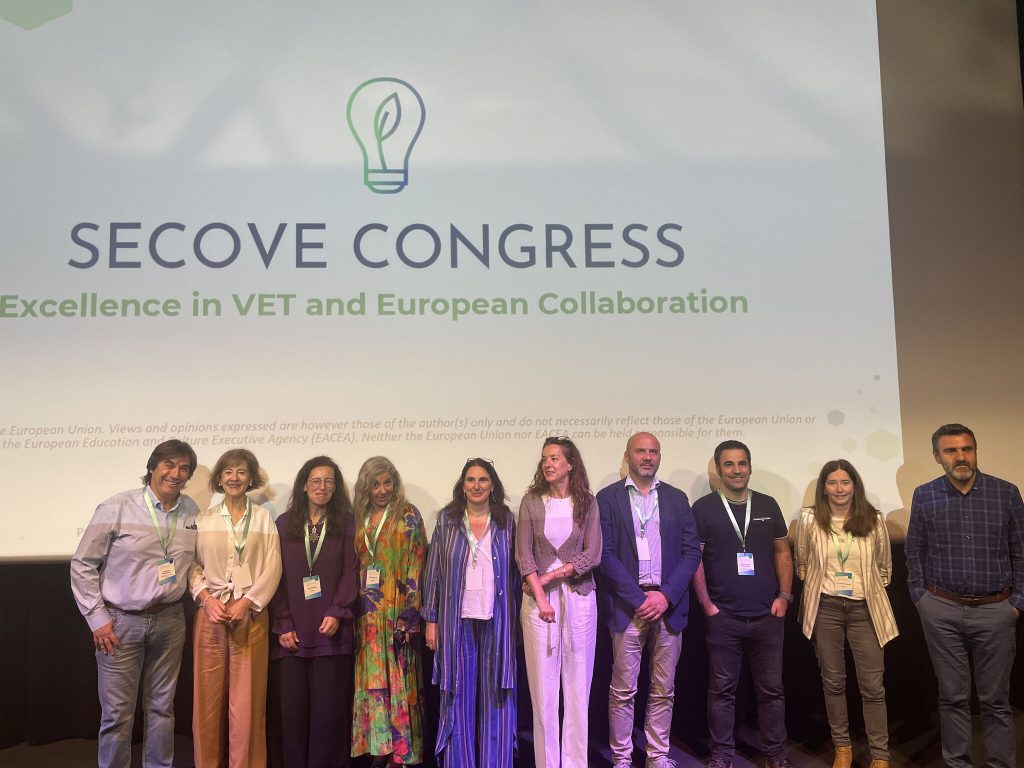AIRINVET Boosting VET: Innovation, Collaboration, and Excellence at SECOVE Conference
This post is also available in the following languages: Euskara, Español
The SECOVE Conference, held in San Sebastián on July 2nd and 3rd, 2024, gathered key players and experts in vocational and educational training (VET). This event provided a platform for exchanging knowledge, experiences, and best practices in VET, with a special focus on Centres of Vocational Excellence (CoVE). Pili Alonso from Tknika presented the critical role of applied research and innovation in enhancing vocational education.
The SECOVE Conference aimed to address the current challenges and future opportunities within VET by bringing together educators, industry professionals, students, and policymakers. Over two intensive days, the event facilitated workshops, roundtable discussions, and plenary sessions, all centered on excellence and innovation in VET. Key topics included sustainability, emerging trends, and the development of high-quality VET programs through the deployment of CoVEs.
Eneko Goia Laso, the Mayor of San Sebastián, inaugurated the event by highlighting the city’s robust scientific and educational environment. Following this, Jorge Arévalo Turrillas, Vice Councillor for Vocational Training of the Basque Government, discussed the future challenges and innovations within the Basque VET system. His speech underscored the importance of human values and leadership in shaping the future of vocational training.
Pili Alonso from Tknika introduced the AIRINVET (Applied and Innovation Research in VET) initiative, which showcases how applied research and innovation are becoming integral parts of the VET system in Europe in some regions. Her presentation emphasized the importance of integrating applied research to foster innovation and participate in the regions innovation ecosystem. Innovation in its conceptualisation has a strong place-based dimension, in recognition that innovation is locally and regionally driven at different places and by different stakeholders, among which is vocational education.
Alonso’s presentation on AIRINVET highlighted the tools and methodologies used to implement applied and innovative research in VET centers, particularly in collaboration with SMEs. This approach is pivotal for several reasons:
- Relevance and Adaptation: By engaging in applied research, VET centers can continuously update and refine their training programs to ensure they are aligned with the latest industry advancements and trends.
- Collaborative Innovation: Working with SMEs allows VET centers to develop practical solutions to real-world problems, fostering a culture of innovation and practical application of theoretical knowledge.
- Enhanced Learning Experiences: Integrating research into the curriculum enriches the educational experience for students, providing them with hands-on opportunities to engage with cutting-edge technologies and methodologies.
Throughout the conference, participants could engage in various workshops and roundtable discussions. These sessions provided spaces for dialogue where educators, industry professionals, and policymakers could share experiences, challenges, and solutions related to implementing high-quality VET programs. The collaborative environment encouraged the sharing of ideas and the formation of new partnerships aimed at enhancing vocational education.
A significant focus of the SECOVE Conference was on the role of Centres of Vocational Excellence (CoVEs) in preparing students for the future labor market. CoVEs are crucial in addressing the challenges of demographic decline, the appeal of VET to young people, and the social recognition of vocational training. By fostering excellence and innovation, CoVEs play a vital role in ensuring that VET systems can meet the needs of both students and employers.
The SECOVE Conference in San Sebastián successfully brought together a diverse group of stakeholders to address the current and future challenges in vocational education. By fostering collaboration, innovation, and excellence, the conference set the stage for significant advancements in vocational education, ensuring that it remains relevant and impactful in an ever-changing world.
The participation of experts like Pili Alonso underscores the importance of applied research in driving innovation and improving the quality of vocational education.






